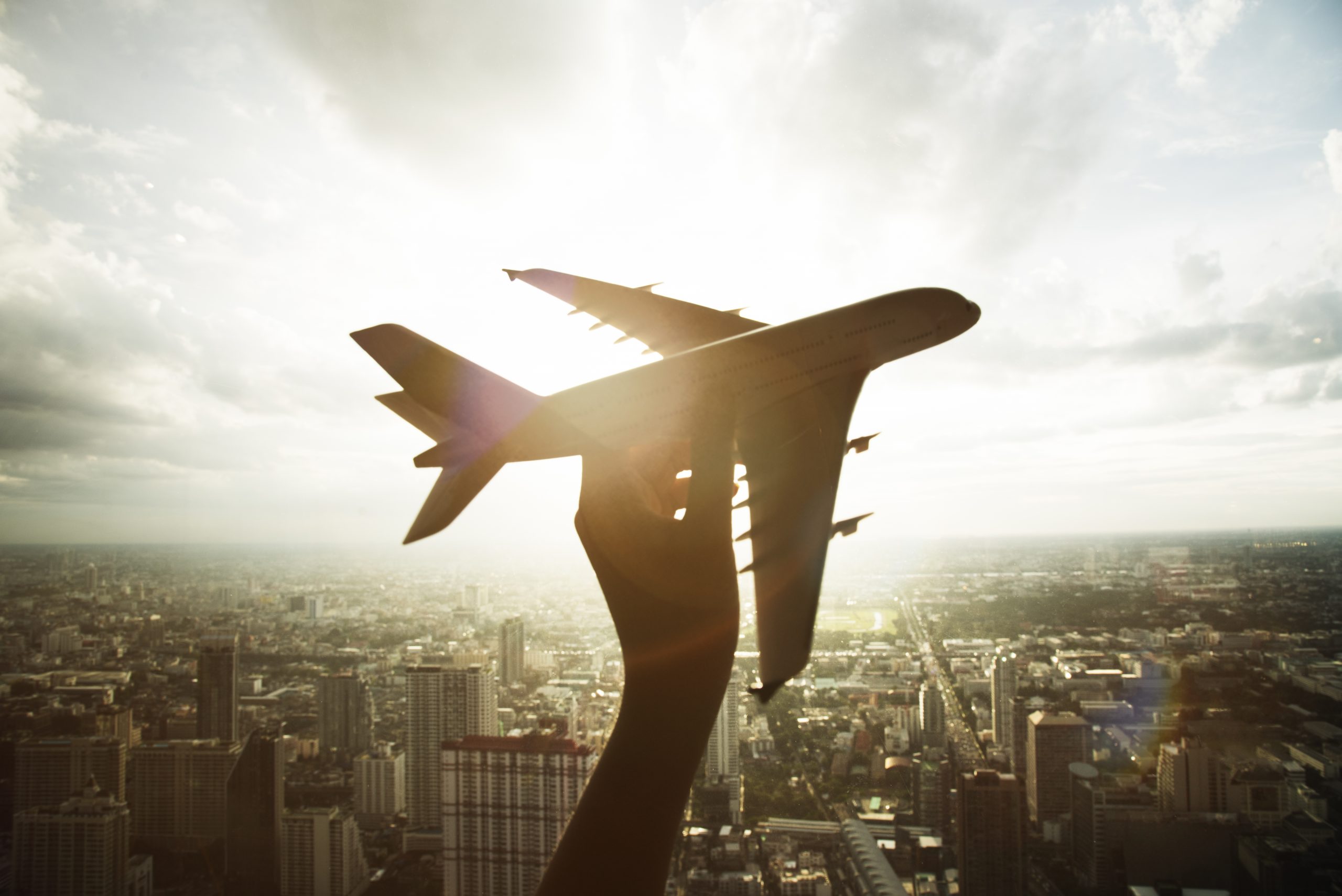
Technology and the Tourism Sector, together in Digital Transformation
The world is going through years of great uncertainty and social changes, which are having a strong impact on technology. In fact, technology has become a fundamental tool for many companies, especially tourism companies, as it allows them to automate and robotise processes in order to adapt to a sustainable model.
8 tools to reduce IT costs in tourism
From atSistemas, we can define 8 key tools with the aim of reducing IT operations costs in the Tourism sector:
Self-service software
According to Gartner, by 2022, 85% of customer service interactions will be initiated in “self-service” mode. This format has been proven to improve the user experience.
Hotel check-in and check-out activities, as well as communication with guests and other hotel services, are undergoing a transformation process to harmonise healthcare requirements and quality services.
Blockchain technology
This technology brings one of its greatest benefits to tourism thanks to smart contracts, which work through programmed actions, lowering costs and reducing time. This allows contact between customers and owners from a third party platform, without the platform having this data in its systems ensuring privacy preservation. There are a multitude of applications that offer an improvement in customer experience as well as security and transparency, which positions it as an indispensable tool in the future.
Artificial Intelligence
The data that exists at the different points of contact and interaction of a user is, essentially, a source of information of enormous value that provides accurate knowledge to improve their customer experience. Thanks to Artificial Intelligence, we can automatically process this data and generate forecasts to improve the predictions of traditional statistical systems, which leads to lower costs.
Chatbots
Artificial Intelligence has created these chatbots. They respond to customer requests quickly, accurately and in a personalised way. Hotels can implement these chatbots throughout the user experience, throughout the entire lifecycle, while still offering a quality service.
Chatbots make it possible to be available 365/24/7 to customers through apps, instant messaging, web or virtual assistants.
Robotics for the tourism sector
The aim is to free employees from administrative responsibilities to dedicate time to personal contact with customers. We already know of cases of robot waiters that allow employees to be more attentive to customers.
Cloud
Cloud solutions are key players when it comes to gaining efficiency and improving the customer experience. The cloud allows cost savings of up to 60% without losing quality, as it reduces technological expenses by dispensing with the need for hardware. It also updates user data in real time, providing 360º visibility. In terms of security, it also reduces costs and offers greater flexibility than local services.
Internet of Things (IoT)
The connection between the physical world and the digital world is achieved through IoT technology. The benefits of this technology can be summarised as efficiency gains: saving work and time by collecting and compiling a large amount of data instantly and automating its analysis.
Apps
In recent times, the use of apps has increased by 30%. Apps have become an essential element in tourism and leisure. Technologies based on augmented reality allow users to be placed in environments that simulate real places, helping them to make decisions. Apps incorporate these technologies and allow for improved virtual decision-making and speed up the sales process.
For more information about our Services click here
![]()


